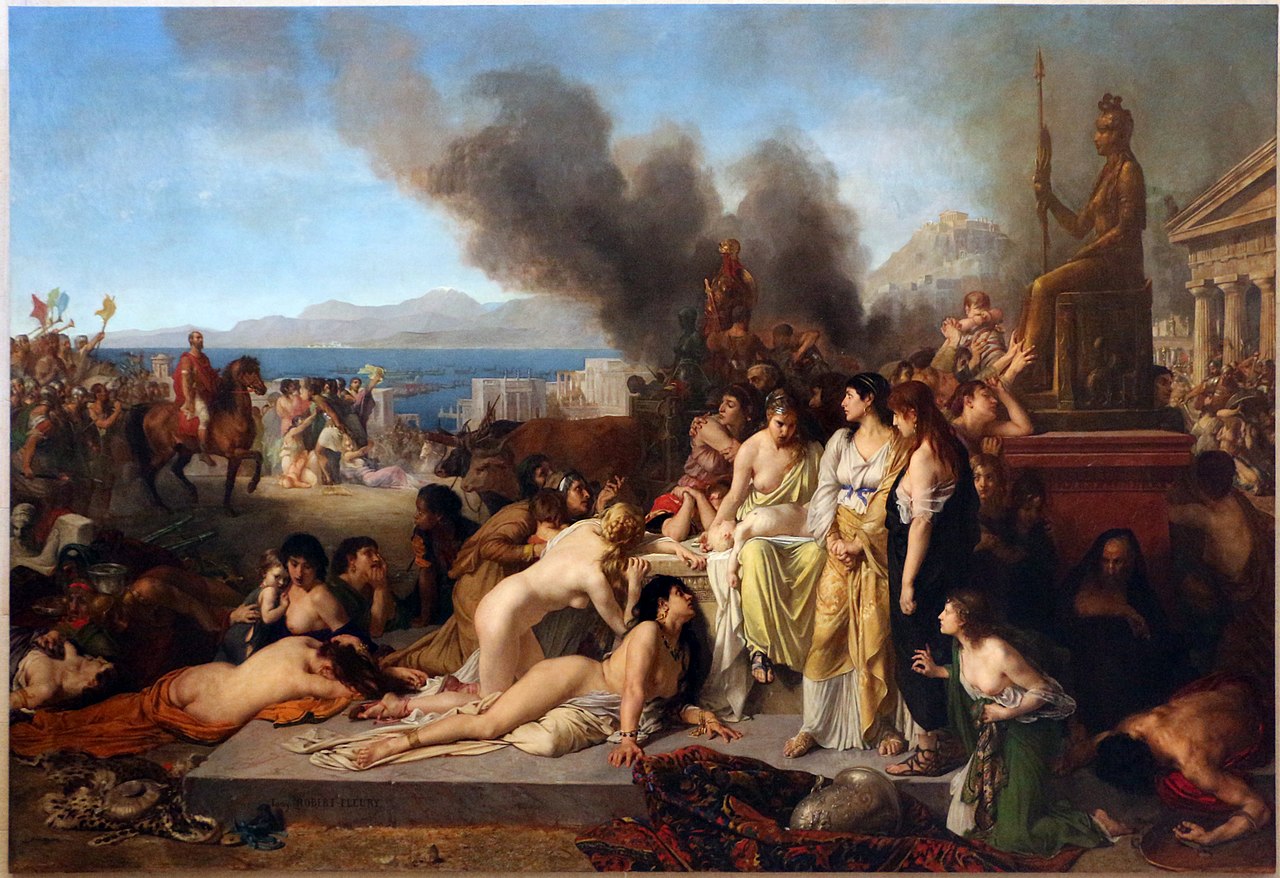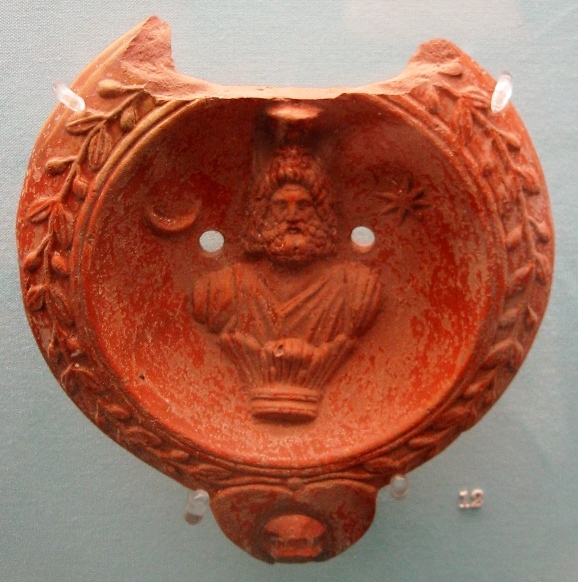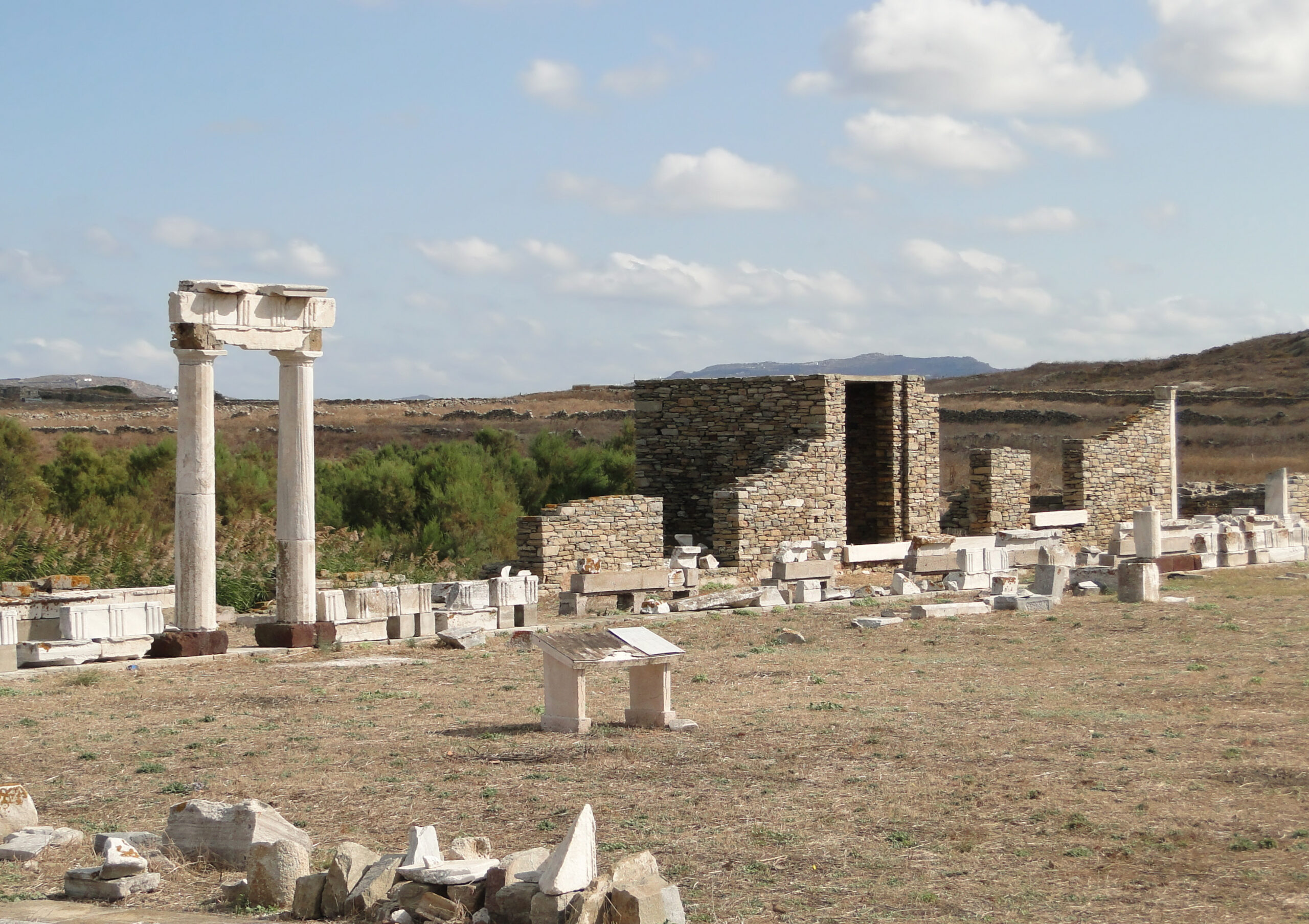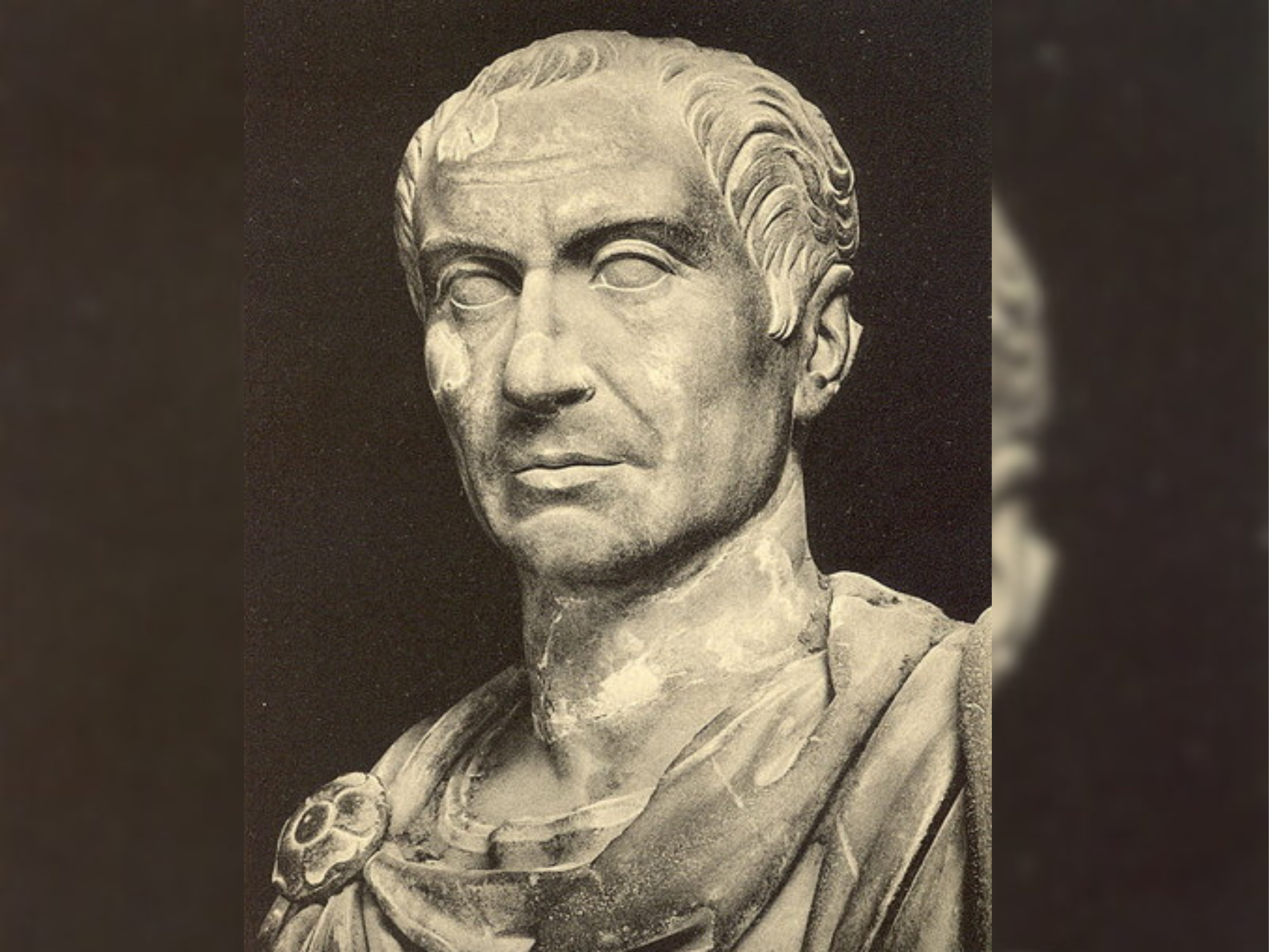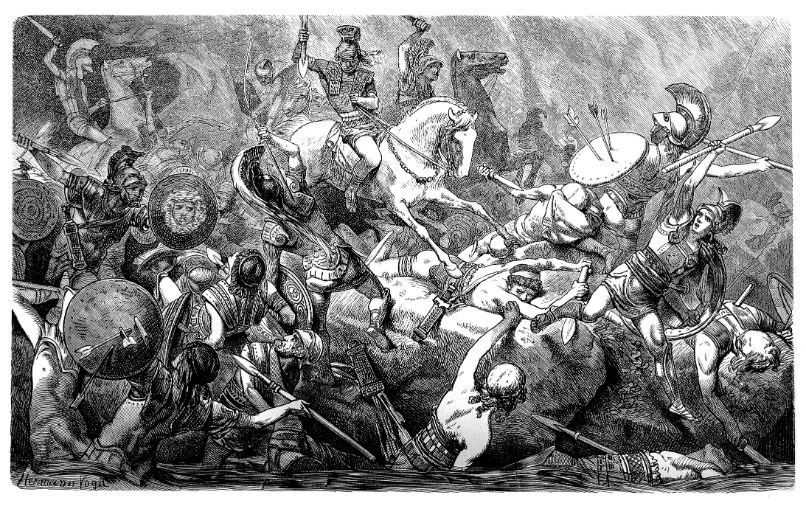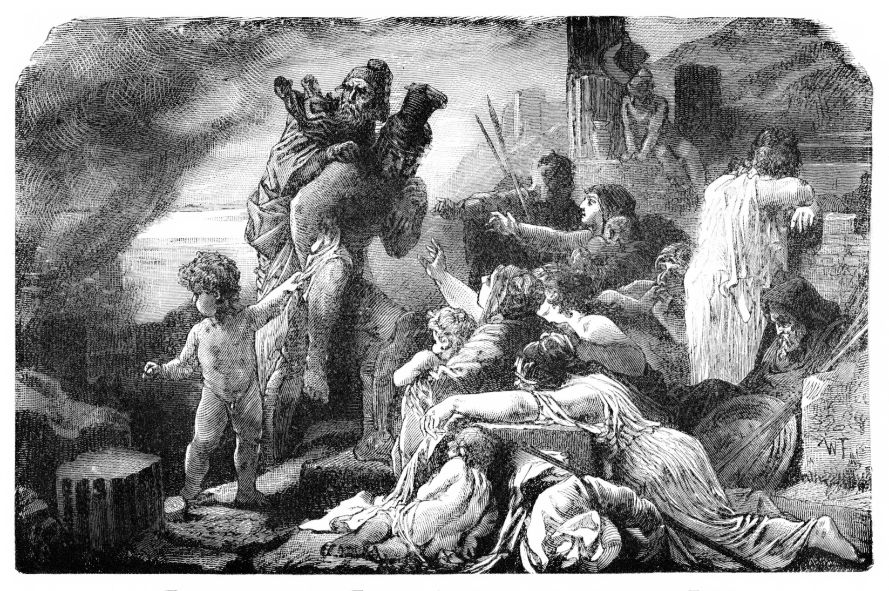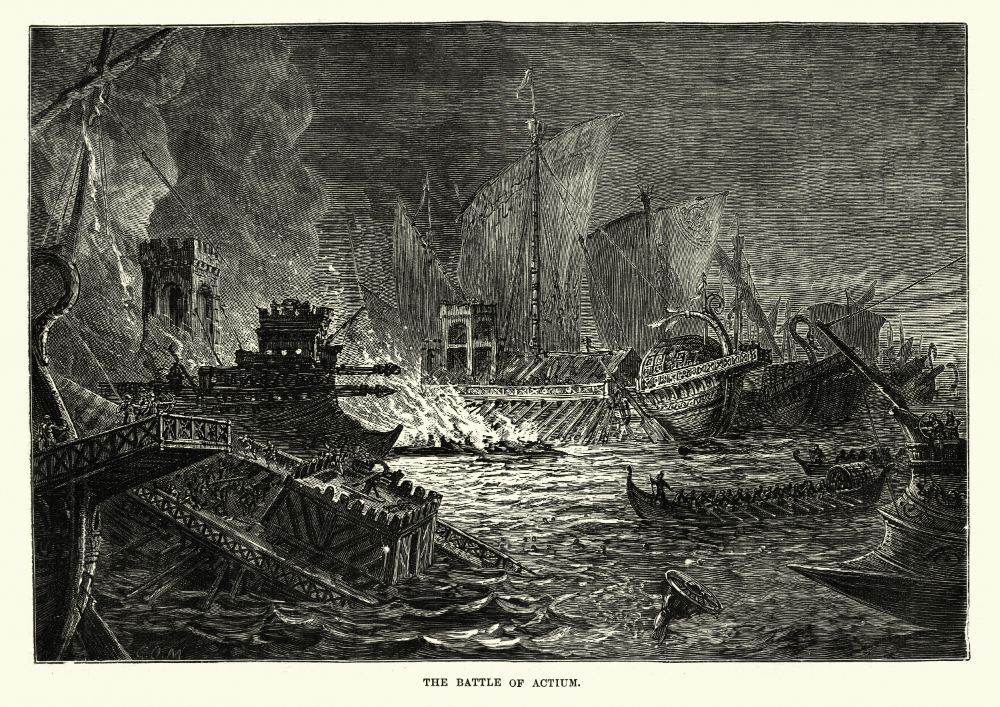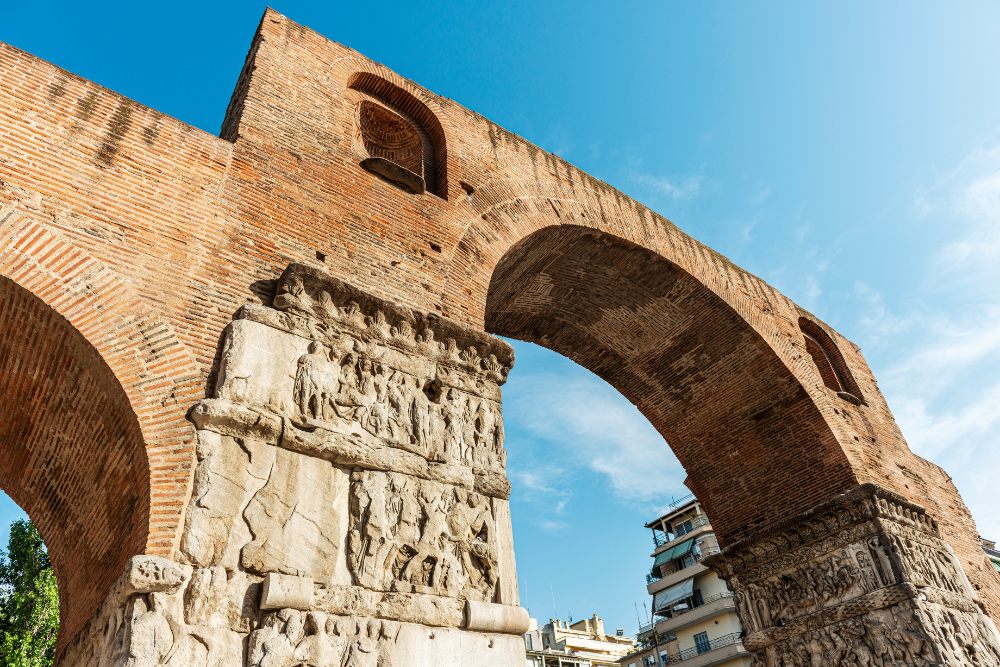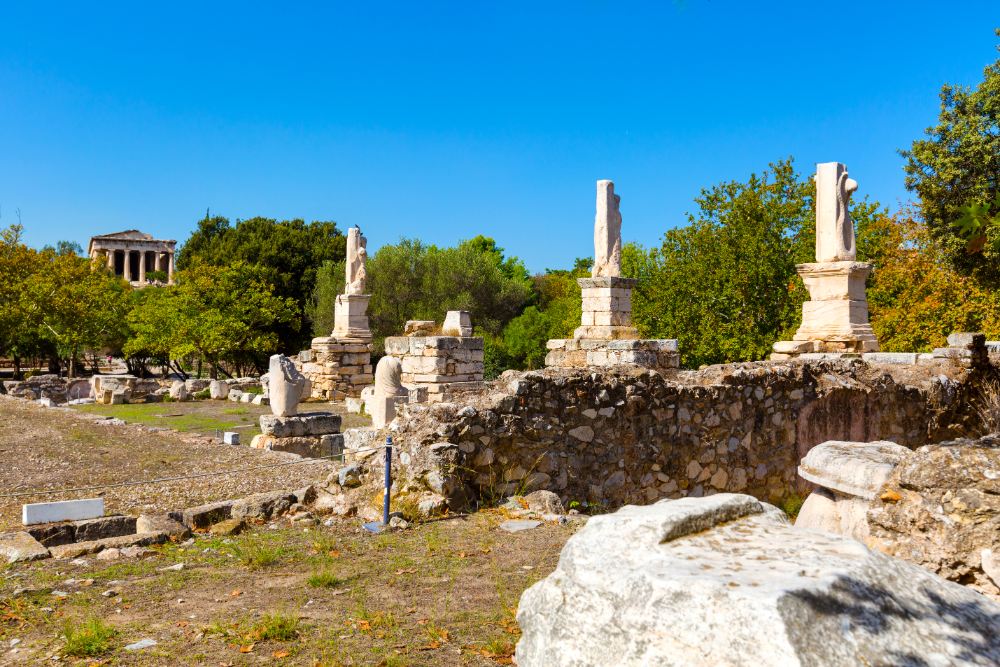Spreading the Gospel Across the Roman Empire
Apostle Paul, originally known as Saul of Tarsus, is recognized for his pivotal role in the spread of Christianity in the first century. His missionary journeys were instrumental in establishing churches and disseminating Christian teachings throughout the Roman Empire.
Paul’s first missionary journey, often dated around A.D. 46-48, began in Antioch. Accompanied by Barnabas and John Mark, he traveled through Cyprus and parts of Asia Minor, including cities like Pisidian Antioch, Iconium, and Lystra. This journey focused on preaching to both Jews and Gentiles, emphasizing salvation through faith in Jesus Christ.
His second journey (A.D. 49-52) was sparked by a desire to revisit the communities he had founded. Accompanied by Silas and later Timothy and Luke, Paul ventured into regions such as Macedonia and Greece. Key cities included Philippi, Thessalonica, and Corinth, where he faced both acceptance and opposition.
Paul’s third journey (A.D. 53-58) was primarily focused on Ephesus, where he spent an extended period teaching and performing miracles. He revisited earlier churches throughout Asia Minor and Macedonia, further solidifying the foundations of the faith.
Throughout these journeys, Paul wrote several epistles that addressed theological issues, church disputes, and ethical guidance, providing a critical basis for Christian doctrine. His missionary endeavors not only expanded the reach of Christianity but also established a model for future evangelistic efforts, emphasizing the importance of faith, grace, and community. Paul’s legacy endures as a cornerstone of Christian faith and practice today.


